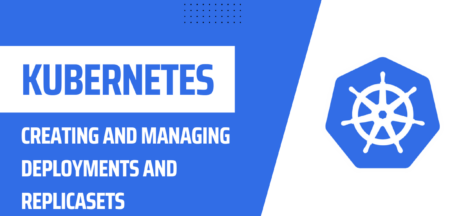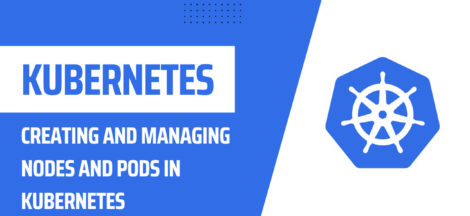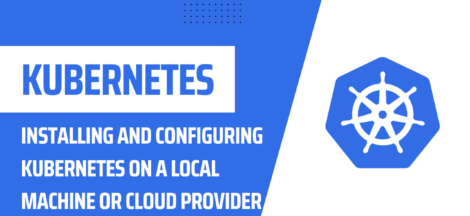What is Kubernetes?
Kubernetes, also known as K8s, is an open-source platform for automating the deployment, scaling, and management of containerized applications. It was originally developed by Google and is now maintained by the Cloud Native Computing Foundation (CNCF).
Kubernetes provides a way to manage and orchestrate containers, which are lightweight, portable units of software that can run on any infrastructure. Containers allow developers to package their applications and dependencies together, ensuring that the application runs consistently across different environments.
Kubernetes makes it easy to deploy and scale containerized applications by providing a unified way to manage and schedule containers across multiple nodes or clusters. It provides a set of abstractions, such as pods, services, and deployments, that allow developers to declaratively manage their applications.
Kubernetes Features
One of the key features of Kubernetes is its ability to automatically scale and self-heal. Kubernetes can automatically scale up or down the number of replicas of a pod based on resource usage, and it can automatically reschedule pods on different nodes if a node fails. This ensures that your application is always available and can handle changing loads.
Another important feature of Kubernetes is its support for rolling updates. This allows you to update your application without downtime by gradually rolling out the new version to a subset of pods and monitoring for errors before rolling it out to the rest.
recommended reading
Kubernetes also provides a rich set of APIs and command-line tools, making it easy to integrate with other tools and services. This allows you to use Kubernetes as a foundation for your entire application stack, including monitoring, logging, and security.
In summary, Kubernetes is an open-source platform for automating the deployment, scaling, and management of containerized applications. Its ability to scale and self-heal, support for rolling updates, and rich set of APIs make it an essential tool for managing modern, cloud-native applications.
It’s a powerful tool to manage containers and it’s a great solution for running microservices-based applications, making it easy to scale, deploy and manage containers in a production environment. It’s an industry standard for orchestration, and it’s supported by all major cloud providers, so it’s a great choice for multi-cloud deployments.
Kubernetes is becoming increasingly important as more and more organizations adopt containerized and microservices-based architectures. It helps organizations to improve the speed and reliability of their application deployments, and it enables them to take advantage of the scalability and cost-efficiency of cloud-native infrastructure.
Kubernetes is a game-changer for modern software development and it’s a must-have tool for anyone working with containerized applications, it also enables organizations to fully leverage the benefits of cloud-native infrastructure in a consistent, portable, and secure way.



